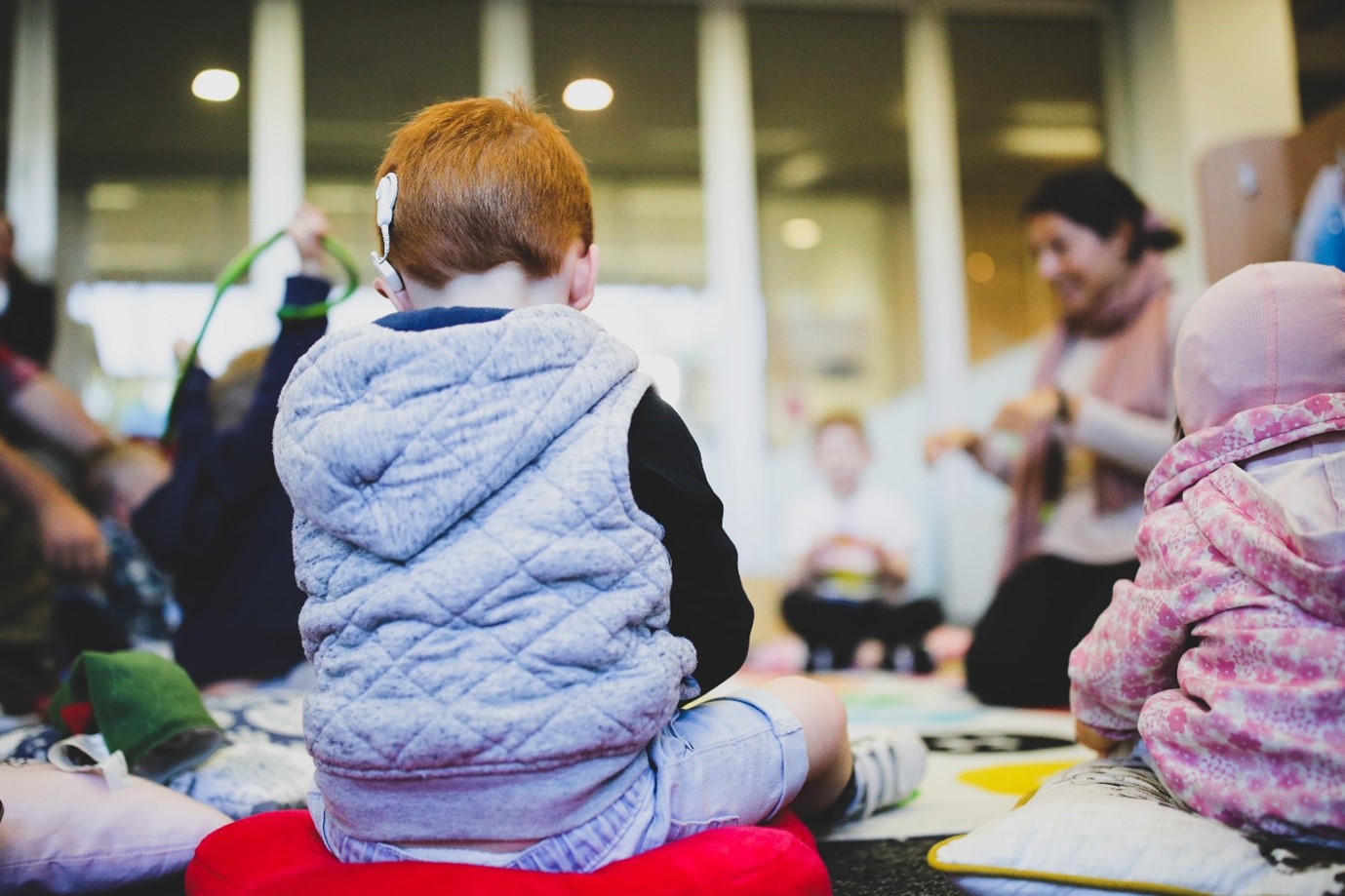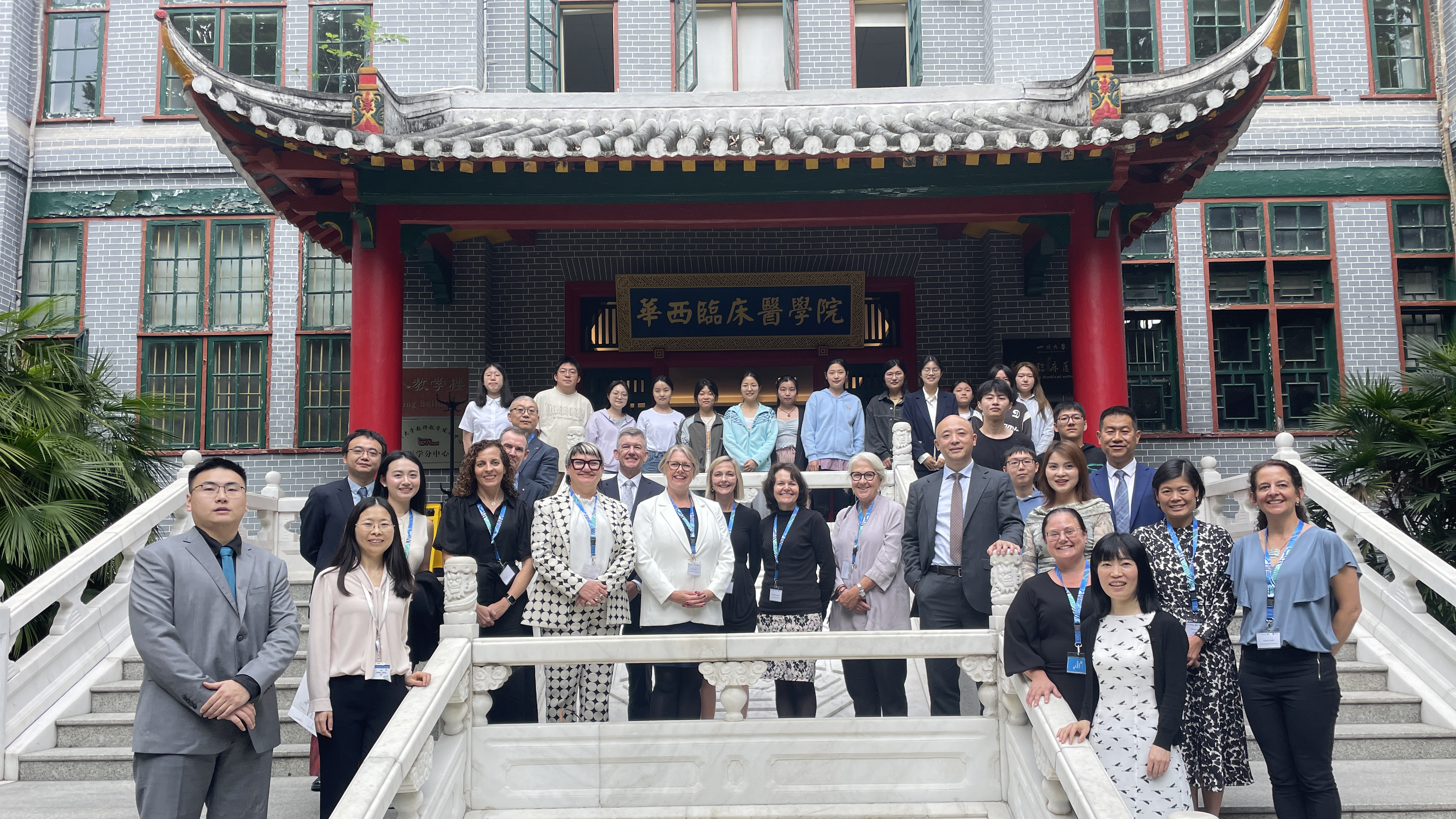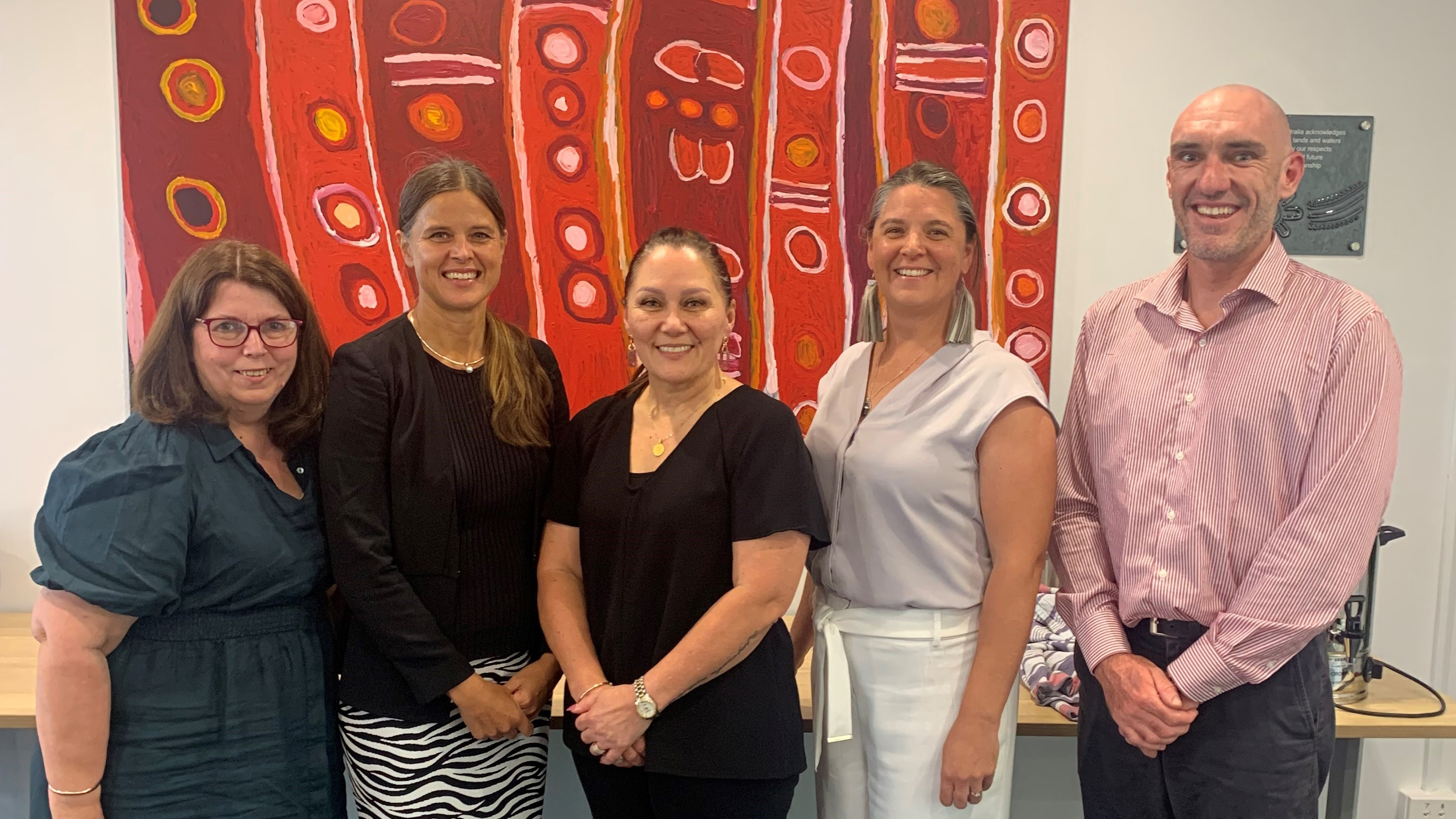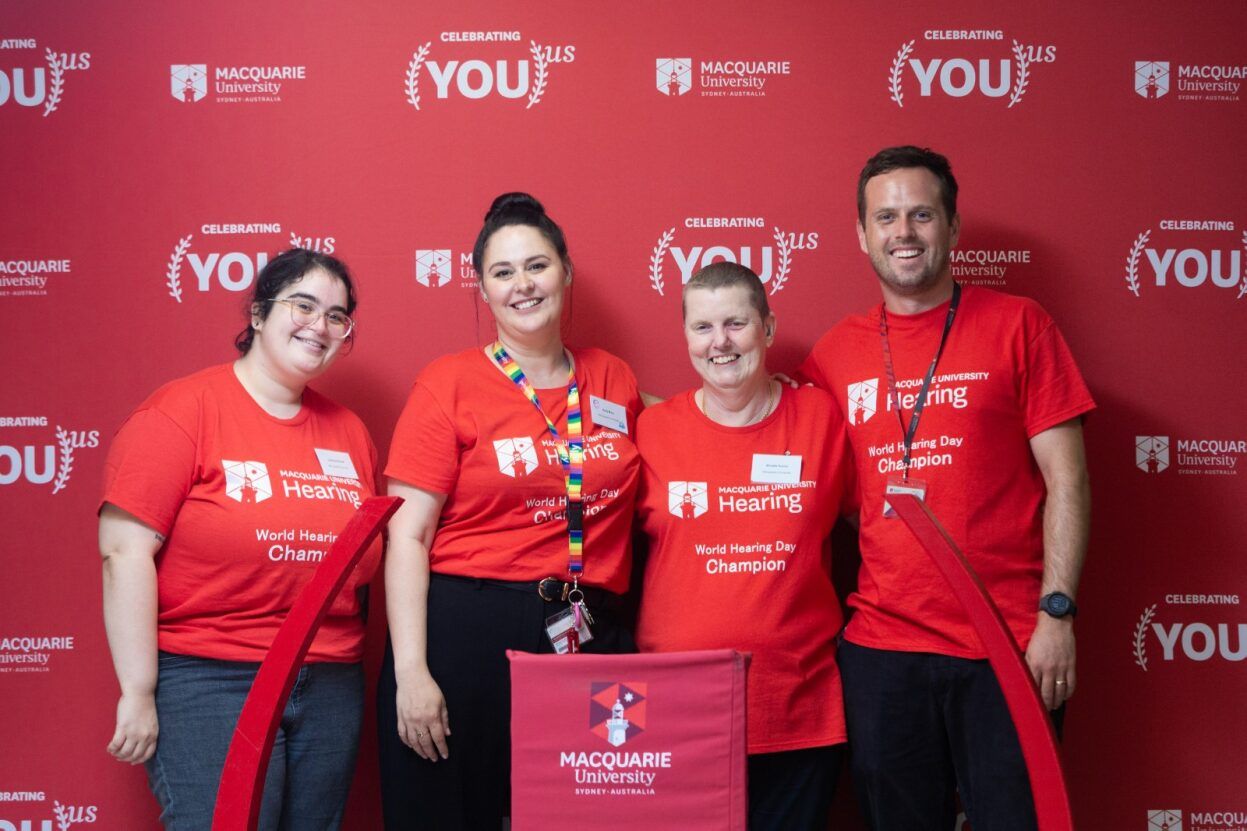
Despite having age-appropriate speech and language, a lot of children with hearing loss using spoken language do not have the same social communication skills as their peers. In an attempt to shed further light on this, a recently published study (Fulcher et al., 2021) explores how group-based intervention might be able to provide improvement to these skills – which draw upon an acquired understanding of others’ actions, feelings and intentions. They are essential to creating and managing a network of supportive relationships.
Something the study shows is that implementing a group-based intervention program for children approaching school age does benefit their social skills development. However, delays in performance in a peer persuasion task was observed. It is thought that intervening at an earlier age with this same approach might see further improvement in the delayed skills.
These skills are such a vital part of interacting in a range of settings, whether it be at home, in school or within the community. There is not yet a large body of research that helps us understand the interaction of pediatric hearing loss and development of social skills and this latest research is a meaningful step forward. It is hoped that further findings will expand the evidence base to inform therapies that help countless children overcome some of the existing challenges to social inclusion.
Fulcher, A., et al. (2021). “Communication That Leads to Successful Social Inclusion For Children With Hearing Loss: Are Excellent Speech and Language Skills Sufficient?” Australasian Journal of Special and Inclusive Education: 1-14.







